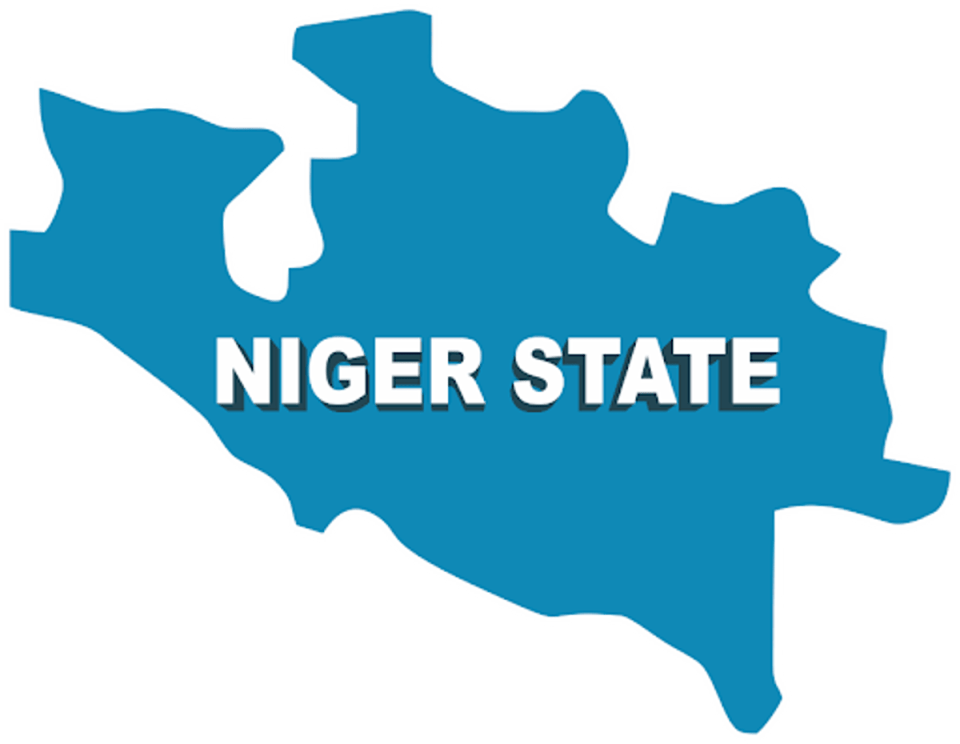“Someone is sitting in the shade because someone planted a tree a long time ago”
– Warren Buffet
Niger State is one of the largest and most populous states in Nigeria, with a land area of about 76,363 square kilometres and a population of about 6.5 million people. It is also one of the most vulnerable states to the impacts of desertification and climate change, as it used to lie within the sub-humid zones of Nigeria but now turning into semi-arid Sahel region.
The state has just concluded the Niger State Green Economy Summit to address years of erratic rain patterns, land clearance with inappropriate human activities, high demand for firewood and charcoal that are leaving the state nearly treeless. It has an ambition to plant 200 million trees by 2025, as part of its efforts to combat desertification and climate change and reposition agriculture.
The state’s 200 million trees determination is inspired by the success of Niger Republic, which has regenerated over 200 million trees in the past three decades through farmer-managed natural regeneration
This initiative has all the potential to restore degraded lands, enhance food security, create green jobs and promote low-carbon development with activities like:
Establishing nurseries and seed banks for indigenous tree species.
Promoting agroforestry and sustainable land management practices among farmers and pastoralists.
Providing incentives and support for community-based forest management and conservation.
Developing ecotourism and renewable energy projects.
Strengthening institutional and legal frameworks for environmental governance.
The state’s 200 million trees ambition is also a bold and visionary step towards addressing climate change challenges and achieving the Sustainable Development Goals. It is also in alignment with the national and regional commitments under the Great Green Wall initiative that aims to restore 100 million hectares of degraded land across Africa’s Sahel region by 2030.
The example of Niger State is a total deviation from the August 3 (annual ritual) tree planting campaign across the country that governments spend much more money on ceremonies than on the number of trees so planted on that date. The trees often wilt and die within a few days of their planting due to a lack of ownership.
Green Economy is what conscious minds hope to see as a model and inspiration for other climate-challenged states, especially those that are dared by the vagaries of environmental changes like desertification, flooding, erosion etc. to emulate.
Planting trees has many benefits for the environment, the economy and our well-being. Some of the benefits of planting trees are:
They support the economy by creating jobs, providing food, and producing valuable products.
They absorb harmful greenhouse gases, such as carbon dioxide, and release oxygen, which helps to slow down climate change.
They boost our mental health by reducing stress, anxiety and depression, and enhancing our cognitive and psychological functions.
They improve our physical health by encouraging us to exercise more, lowering our blood pressure, and improving our immune system.
They support wildlife by providing habitat, food, and shelter for various animals, plants, and insects.
They act as natural flood control by reducing runoff, erosion, and sedimentation, and increasing infiltration and groundwater recharge.
They improve our water quality by filtering pollutants, nutrients, and sediments from runoff and groundwater.
They cool our neighbourhoods by providing shade, reducing the urban heat island effect, and lowering our energy consumption.
The whole world has awakened to the devastating effects of our shrinking forest and its relation to climate change. This consciousness is what must have attracted Ethiopia’s attention to have set a world record when they planted a record-breaking number of 350 million trees in 24 hours on July 19, 2019, by mobilising millions of volunteers across the country.
That tree-planting campaign was part of their Green Legacy Initiative, to restore degraded lands and combat climate change. Some of the strategies that Ethiopia employed to achieve this feat are:
Setting a clear and ambitious target of planting four billion trees by October 2023, and breaking it down into daily and hourly goals.
Creating awareness and enthusiasm among the public through media campaigns, social media platforms, and community engagement.
Providing adequate resources and logistics, such as seedlings, tools, transportation, and water, to support the planting activities.
Involving various stakeholders, such as government officials, civil servants, religious leaders, celebrities, students, farmers, and environmental activists, in the planning and implementation of the campaign.
Monitoring and verifying the number of trees planted using satellite imagery, drones, and mobile applications.
Ensuring the survival and growth of the planted trees by implementing proper management and protection measures.
Ethiopia’s tree-planting campaign has been hailed as a remarkable achievement and a source of inspiration for other countries facing similar environmental challenges. However, some experts have also cautioned that planting trees alone is not enough to address the complex and interrelated issues of deforestation, land degradation, biodiversity loss, and climate change. They have suggested that Ethiopia should also focus on improving its forest governance, enhancing its land tenure security, promoting its agroforestry systems, and diversifying its energy sources.
And in Nigeria, with our ever-expanding population, encouragement should be given towards the use of alternative sources of cooking energy by harnessing our abundant natural gas and through the provision of affordable and discounted gas stoves. This will reduce the amount of trees felled for firewood and charcoal. Also, ecologically adaptable trees should be sought for planting and especially those that will have economic and dietary value with guidance on where, how, and what to plant
Lest I forget, a similar ambition was initiated in Gombe State, Gombe Goes Green in 2019. How have the trees planted faired? This is food for thought – North East Development Commission.
Muhammad Salihu Ahmad, FMA2, off Yaya (Petel) Abubakar Road, Fadamar Mada, Bauchi Email: [email protected]

 Join Daily Trust WhatsApp Community For Quick Access To News and Happenings Around You.
Join Daily Trust WhatsApp Community For Quick Access To News and Happenings Around You.

